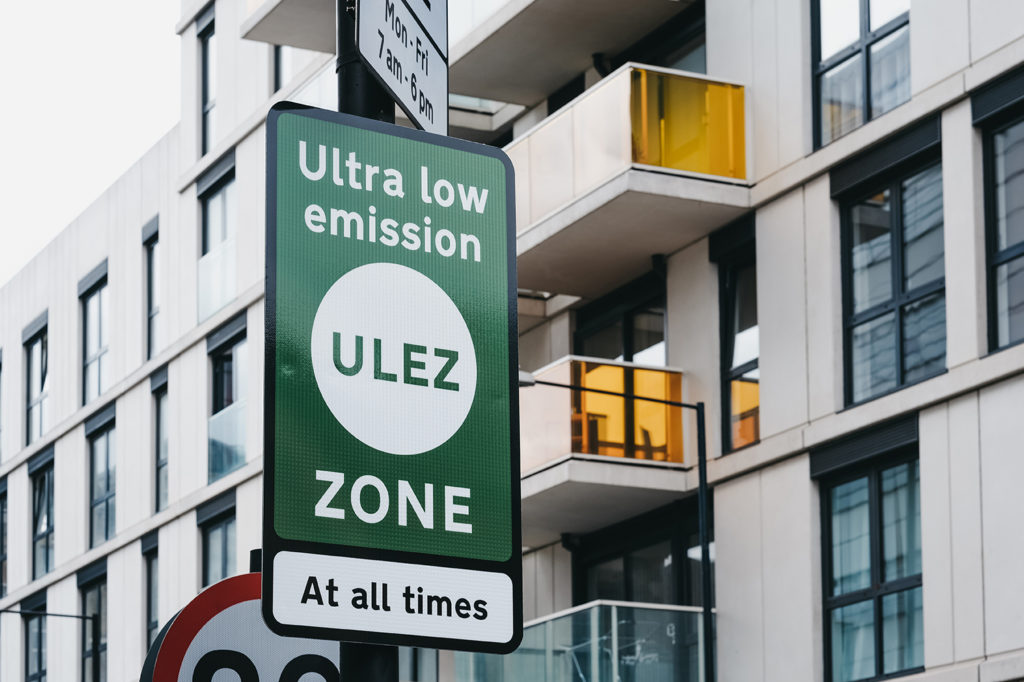Whispers of a London Boundary Motor Vehicle Charge started in December 2020. At the time, Sadiq Khan floated a selection of schemes – such as a Greater London boundary charge – to regain the money lost by TfL during the pandemic.
To those of living and working in London, the following suggestions paint a sad picture of the declining state of the Capital’s transport provision.
The selection of possible schemes include..…
- Scrapping the Night Tube
- Axing the ‘Boris bike’ cycle hire scheme
- Cutting bus routes in the suburbs
- ‘Reforming’ TfL’s employee pension scheme
- Keeping the ban on free travel for pensioners in the morning
- Closing some Tube stations at the weekends
- A £3.50 ‘Greater London boundary charge’
At the start of this year, London Mayor Sadiq Khan said he had asked Transport for London (tfL) to ‘undertake a feasibility study’ regarding the possibility of a charge for non-residents to enter london. He wanted research undertaken to find out the impact it would have on ‘traffic, emissions, health equality and the economy’.
And, so it began.
Plan Insurance can provide bespoke taxi insurance quotes for all UK drivers. Just fill in our short online questionnaire, and our professional brokers will be in contact to arrange your insurance.
The basics of the new scheme
If brought into effect, the charge would be paid by drivers living outside London’s 33 boroughs. It would be in addition to the £15 congestion and the new £12.50 ultra-low emission zone (Ulez), which expands into the suburbs next year.
It is estimated that the £3.50 charge would raise about £500m a year. This would be reinvested into the capital’s transport network. It would also reduce traffic by 10-15%.
Tory Transport Secretary Grant Shapps’ made his opposition to the plan clear. He said it would be wrong to make non-Londoners pay for a ‘boundary tax’ that will only benefit Londoners. And there are many that would agree. Especially low earning Londoners forced outside of their traditional heartlands by increased house values and rental price rises.
Unsurprisingly, Labour’s London Mayor didn’t listen to Shapps’ opinion on this issue. In October, the ‘boundary charge’ was sneaked into a TfL list of money-raising options submitted to the Government’s spending review.
The boundary charge seems more likely as Ulez isn’t bringing in the cash
Transport for London is forecasted to earn £600m less than it hoped from the ultra-low emission zone. Drivers have switched to cleaner vehicles faster than expected.
TfL said ‘early indications’ were that the Ulez – which expanded to the suburbs on October 25 – will not generate as much cash as expected due to higher-than-forecast compliance.
TfL predicts the Ulez will generate £600m less than hoped over the next three years – £300m less in 2022/23, £200m less in 2023/24 and £100m less in 2024/25.
London drivers have proved craftier and thriftier than expected. Drivers are able to avoid paying the Ulez by switching to an electric vehicle, a petrol vehicle roughly less than 15 years old or a diesel roughly less than six years old. This leaves TFL out of pocket.
October’s TfL submission asked for a further £1.7bn covid bail-out over the next 18 months, which would only make them break even. It doesn’t look promising on the finance front for TfL. The regulator still needs £2.5bn-£3bn a year for ‘investment funding’. This is to modernise the road and rail network, about half of which TfL is aiming to generate itself.
If No Cash Appears, Dark Days Are Ahead
TfL commissioner Andy Byford has warned that without a long-term funding solution, TfL will effectively move into ‘managed decline’. This would involve ditching new projects (the building of the Crossrail 2 has already halted) and only repair roads or stations for essential safety purposes.
This seems like a sad possibility for the future of the capital city.
“We would have to retreat from running a network that is fit for London, to instead focusing only on the core, legal responsibilities of maintaining a safe and operable skeleton network”
Andy Byford (TfL Commissioner)
A weaker tfL would increase car use, which would quickly reverse recent advances in air quality and road safety.
Byford paints a bleak long-term picture without the boundary charge. However, a post-Brexit and post-pandemic London doesn’t need to give potential visitors another reason to stay away.


